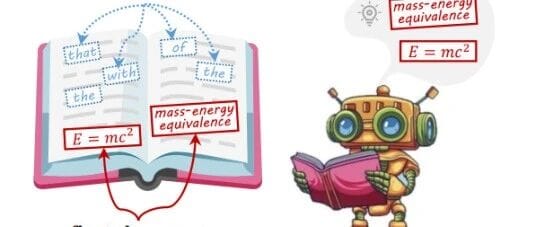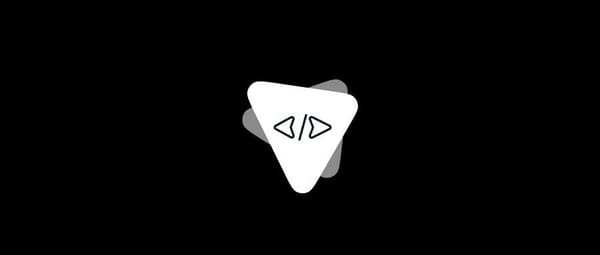How to Find the Best Time to Post on Facebook
Learn how to find the best time to post on Facebook using Insights, Meta Business Suite, and analytics to boost reach and audience engagement.
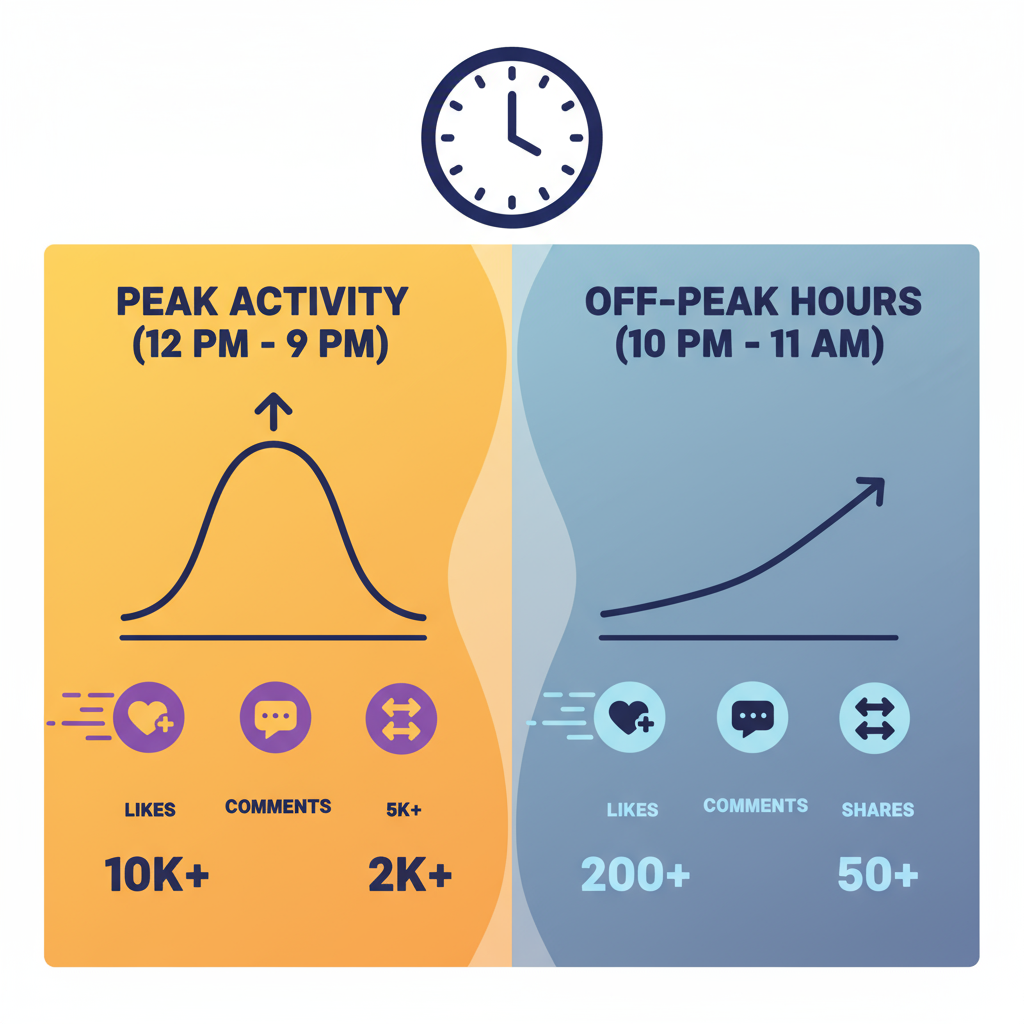
How to See the Best Time to Post on Facebook for Maximum Engagement
Determining where to see the best time to post on Facebook is a critical step for maximizing engagement, reach, and conversion. Facebook’s algorithm favors posts that get rapid audience interaction, so the closer your posting schedule aligns with your audience’s active hours, the more likely your content is to surface prominently in their feeds. This guide walks you through Facebook’s native tools, third-party analytics, and proven testing methods to help you pinpoint your optimal posting windows.
---
Why Post Timing Matters on Facebook
If you’ve ever wondered why some Facebook posts skyrocket in engagement while others vanish without a trace, timing may be the missing link. Post timing directly affects visibility, engagement, and conversion. Facebook's complex algorithm rewards posts that quickly gain likes, comments, and shares—making it critical to reach your audience when they're most active.

The closer your publishing time aligns with your followers’ online habits, the stronger the chance your content will appear near the top of their feeds.
---
Understanding Facebook’s Algorithm and Reach Factors
Facebook’s algorithm evaluates several factors to decide what appears in each user’s feed, including:
- User’s past interactions with your page
- Content type relevance (video, photo, link, carousel)
- Engagement velocity — how fast users interact with the post
- Recency — newer posts often have higher priority
- Post timing — whether your audience is online to engage
If you post when most followers are inactive, you risk being buried under fresher, more relevant updates.
---
Using Facebook Insights to Find Your Best Post Times
One key step in discovering where to see best time to post on Facebook is exploring Facebook Insights, an analytics tool built into every Page.
Step-by-step Guide:
- Go to Your Facebook Page
- Navigate to your business or creator page.
- Open Insights
- Click “Insights” from the left-hand menu (classic experience) or “Professional dashboard” in the new interface.
- Select ‘Posts’ Section
- Scroll down to find “When Your Fans Are Online”.
- View the Activity Graph
- Examine active follower counts by day of week and by hour.
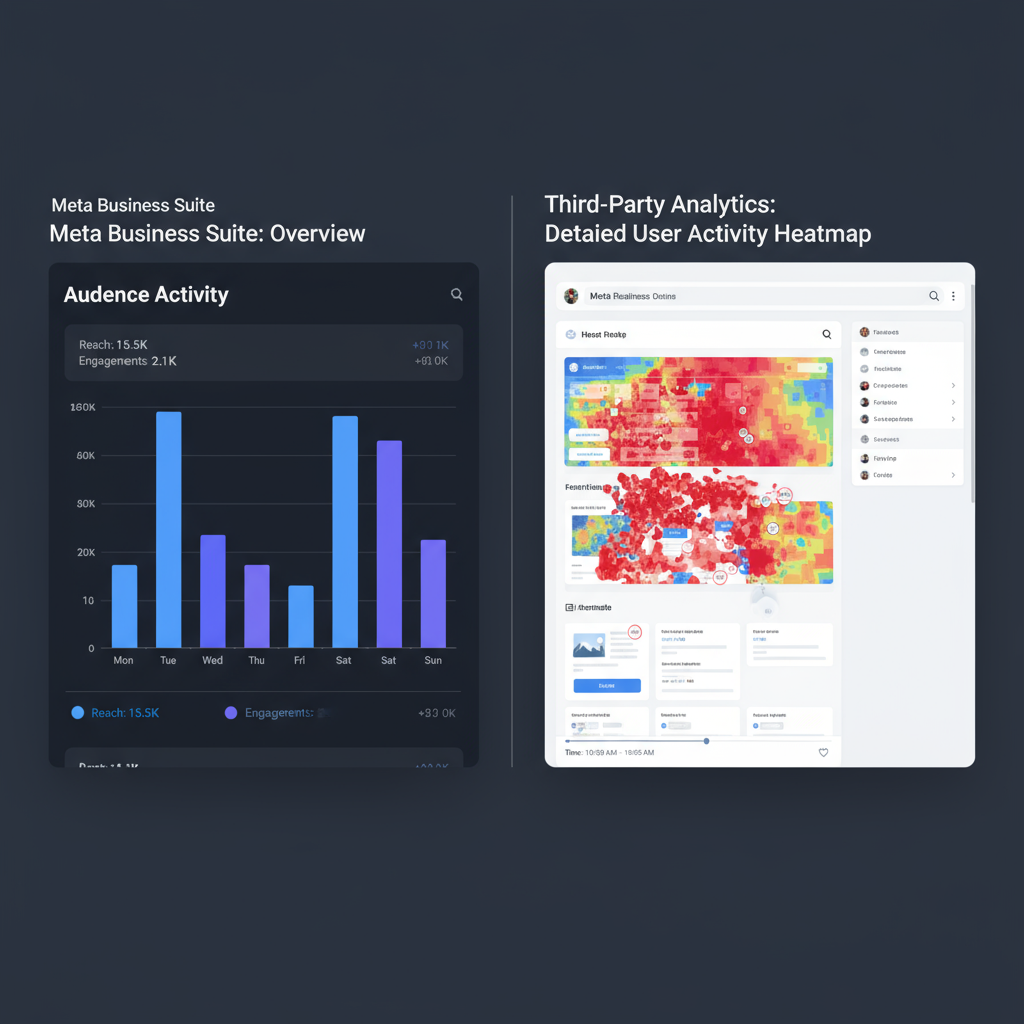
Matching your publishing schedule to peak activity levels can significantly increase your reach.
---
Navigating Meta Business Suite for Audience Activity Data
For managing multiple platforms or using a more modern interface, the Meta Business Suite offers robust audience insights.
To access “When Your Fans Are Online” in Business Suite:
- Log into Meta Business Suite (business.facebook.com).
- Select the Page you want to analyze.
- Navigate to “Insights” in the side panel.
- Under “Audience”, locate “When Your Fans Are Online”.
The chart displays peak audience activity by hour and day, similar to the classic Insights view but with upgraded metrics.
---
Interpreting Peak Activity Charts and Trends
Charts typically reveal patterns such as:
- Daily Peaks — e.g., Wednesday at 8 PM
- Weekend Spikes — higher engagement on Saturdays
- Lulls — early mornings or very late nights
Look for consistent recurring peaks rather than isolated spikes caused by unusual events.
---
Segmenting by Content Type for Timing Insights
Different content types behave differently under Facebook’s algorithm:
- Video often benefits from extended watch-time.
- Photos tend to get fast likes and shares.
- Links may perform better mid-morning when users are browsing.
How to segment:
- Use post-level data in Insights to filter by content type.
- Note posting time and engagement rates for each group.
---
Leveraging Third-Party Analytics Tools
While Facebook Insights is helpful, third-party tools offer more customization, historical depth, and cross-platform analysis.
Popular platforms:
- Buffer
- Hootsuite
- Sprout Social
These often feature heatmaps showing multi-month audience patterns to help you spot micro-trends.
---
Weekday vs. Weekend Engagement
Scheduling efficiency can vary by day. Test and compare engagement metrics across the week:
| Day | Avg. Engagement Rate | Best Posting Hour |
|---|---|---|
| Monday | 3.5% | 12 PM |
| Tuesday | 3.8% | 1 PM |
| Wednesday | 4.2% | 8 PM |
| Thursday | 3.9% | 2 PM |
| Friday | 3.7% | 11 AM |
| Saturday | 4.5% | 9 PM |
| Sunday | 4.1% | 5 PM |
Note: This is an illustrative example. Always rely on your own data.
---
Testing Different Time Slots
Don’t rely solely on historical data—experiment:
- Choose 2–3 peak windows identified from Insights.
- Post similar content at those times for a few weeks.
- Compare CTR, reach, and engagement results.
Example:
Week 1: Post A at 12 PM, Post B at 8 PM.
Week 2: Swap timings for the same content type.
Analyze the performance differences.---
Creating a Content Calendar
After determining your best times, develop a content calendar to keep posting consistent.
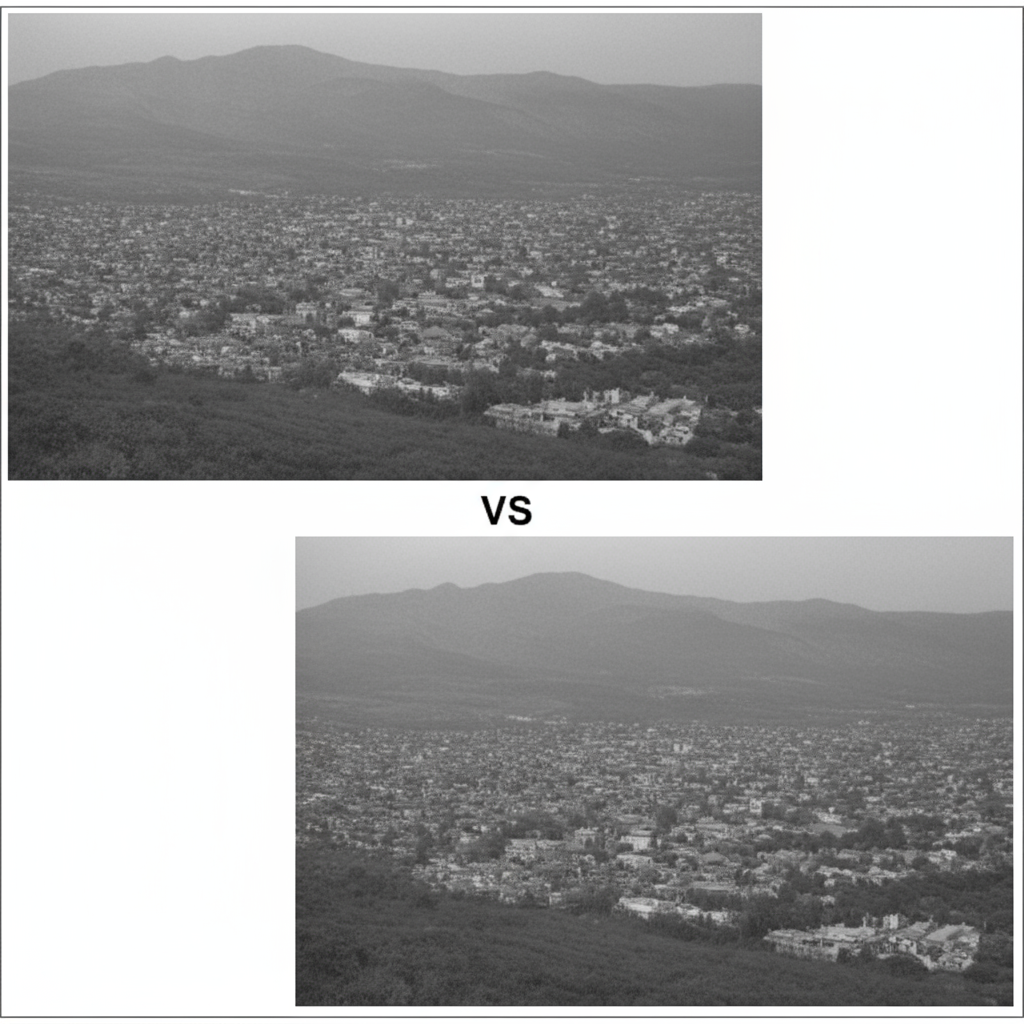
Include:
- Posting time (adjusted to audience time zone)
- Content type
- Desired call-to-action
- Cross-platform considerations
---
Considering Audience Time Zones
If you have a geographically mixed audience, posting in one time zone may miss others. Use Insights’ Top Cities to identify key time zones.
Tip: Schedule multiple region-targeted posts or leverage automation tools to adjust across zones.
---
Posting Consistently and Refining Strategy
Being consistent means more than frequency—it involves learning:
- Monitor results weekly.
- Refine your posting times.
- Note patterns during holidays, events, or seasonal shifts.
---
Avoiding Over-Dependence on Generic “Best Time” Stats
Headlines like “Best time to post is Wednesday at 11 AM” are built on aggregated data. Your audience may be completely different. Always let your specific analytics guide decisions.
---
Conclusion: Blend Data with Experimentation
Understanding where to see best time to post on Facebook is straightforward via Facebook Insights or Meta Business Suite, but the real advantage comes from how you use the data. Combine native analytics with third-party tools, segment by content type, and run experiments to fine-tune your schedule.
The “best” time isn’t universal—it’s discovered through strategic observation, data analysis, and testing. Begin reviewing your Insights today, create a posting plan, and watch your engagement rise as you post when your audience is most ready to connect.


